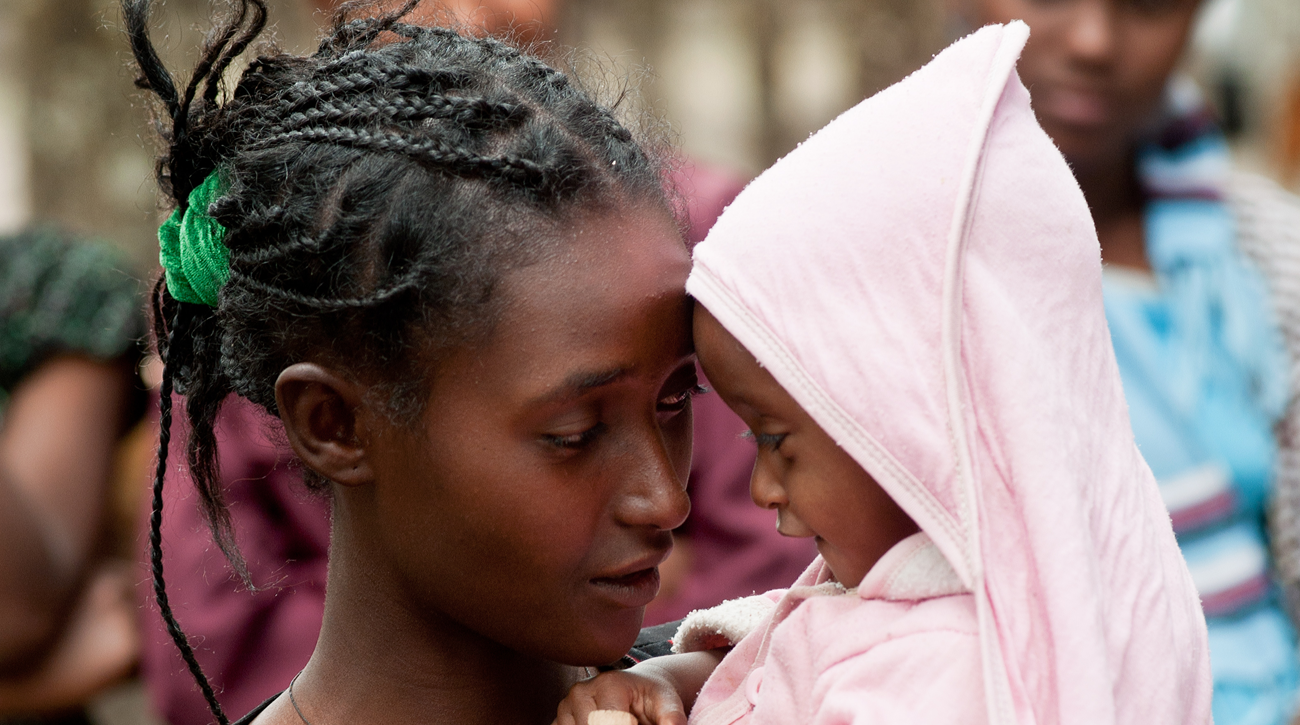Every year, over 13 million girls aged 15 to 19 give birth in low- and middle-income countries, according to the Guttmacher Institute. Many of these young mothers are married and first-time parents, and are often under family and community pressure to have a second child quickly. Young mothers who have a second child very rapidly can suffer complications during pregnancy and childbirth. Their children may also experience adverse health outcomes from rapid, repeat pregnancies.
Connect, a new initiative funded by the Bill & Melinda Gates Foundation, aims to increase the use of postpartum family planning by young, first-time parents in Bangladesh and Tanzania. Save the Children leads the project and will build on two existing programs in those countries to leverage their reach of first-time parents at scale.
Save the Children has partnered with the George Washington University (GW) Milken Institute School of Public Health (Milken Institute SPH) – specifically with Sarah Baird, PhD, MS; Wolfgang Munar, MD; and Jennifer Muz, PhD, all faculty at the Department of Global Health – to help carry out the 4.5-year Connect project. GW will serve as the research and evaluation partner for the project, leading the quantitative evaluation and contributing to the qualitative evaluation.
“Connect will develop and test interventions that can be embedded into other initiatives to increase first-time parents’ access to family planning at scale,” said Melanie Yahner, the project director at Save the Children.
“Evidence suggests that first-time mothers may be a key demographic to target in order to increase contraceptive uptake and lengthen birth spacing, improving the health of both mothers and babies,” said Baird, who is an associate professor of global health at Milken Institute SPH and lead researcher at GW for the Connect project.
The Connect team will document and share the interventions they develop and evaluate in Bangladesh and Tanzania as models for other countries.
Read more about the Connect project in a blog published by Save the Children here.


